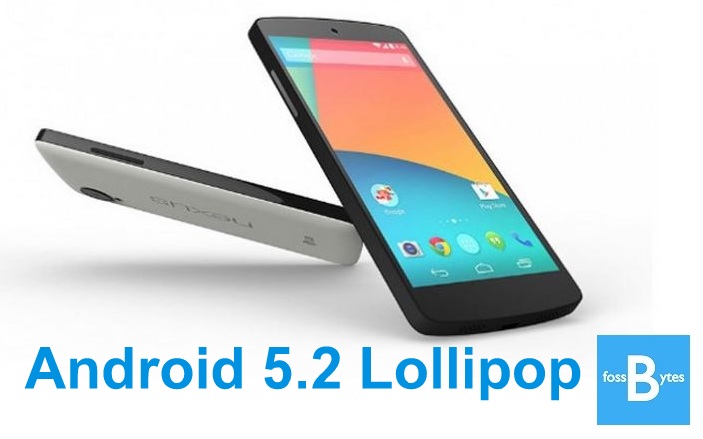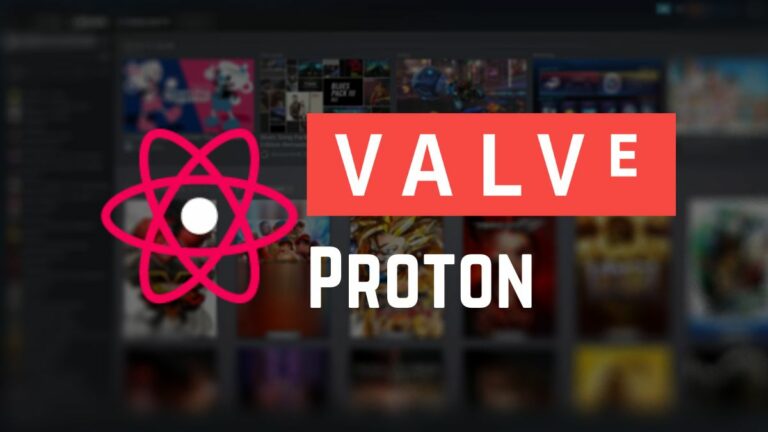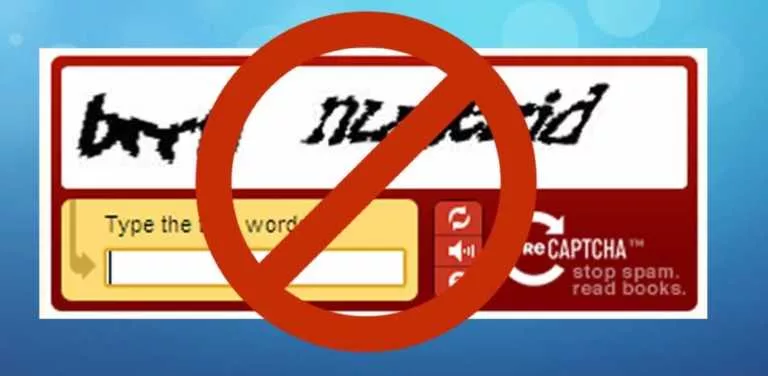What Is Bootloader In Android? Here’s Everything You Need To Know
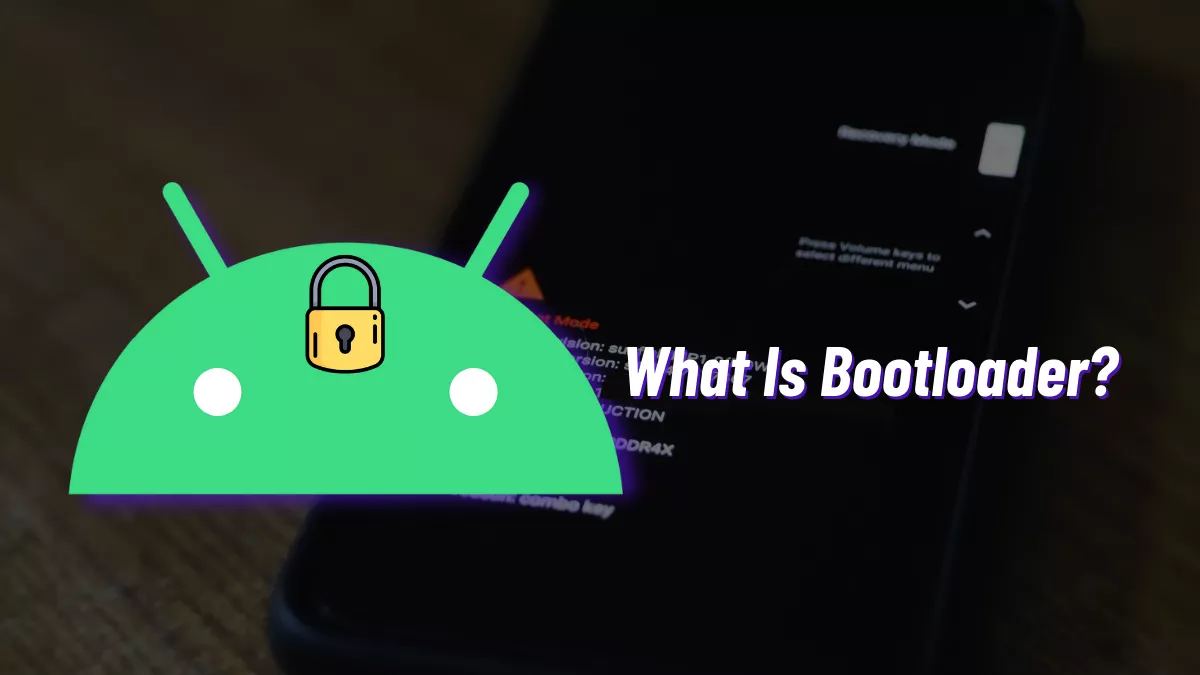
If you’re using Android for a long time, you might’ve heard about the term ‘Bootloader.’ But what exactly is it, and what part does it play on your smartphone? In this article, let’s look at what a bootloader is and why it is important.
Bootloader in Android: What is it?
A bootloader is very similar to BIOS in a computer. It initializes the kernel and loads all the necessary components required to boot into the Android OS on your device successfully. In simpler terms, think of it as an ignition switch in automobiles, but more flexible (allowing you to choose what to do once you unlock the bootloader).
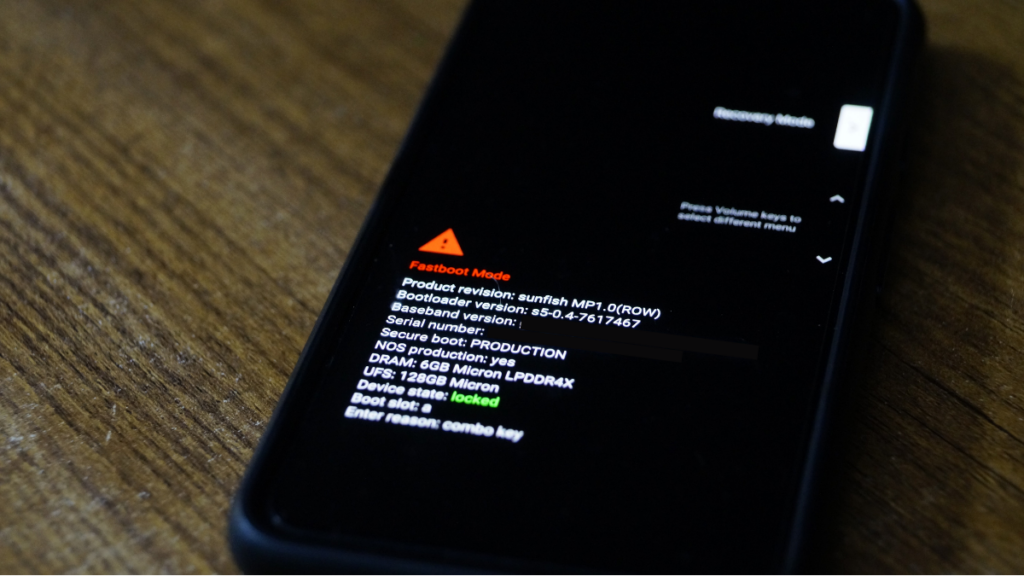
Every Android device comes with a locked bootloader, and not every one of them can be unlocked (more on this later). One can access the bootloader by pressing combinations of the phone’s buttons; however, getting into the same differs from manufacturer to manufacturer. It acts as a barrier between you and the kernel and is responsible for binding its root of trust. Once you unlock the bootloader, that trust will be gone, and you’ll end up sacrificing your device’s security. Unlocking the bootloader will also factory reset your device.
What can you do by unlocking the Bootloader?
From rooting your Android device to installing third-party Android OSes, there’s nothing you cannot do after unlocking the bootloader. Rooting is one of the primary reasons why most unlock the bootloader. However, it is worth mentioning that rooting does have some caveats like; most apps, mainly banking apps, can find out if your device is rooted, and they stop working altogether.
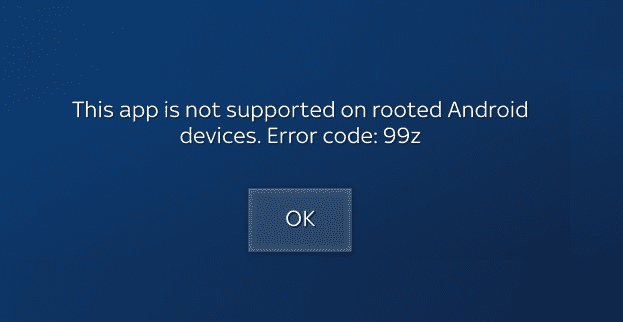
Magisk (Used to root Android) solves this problem using a feature called Magisk hide. If you want to learn about the nitty-gritty of Magisk, make sure to check out our ‘What is Magisk? How to root your Android device using Magisk‘ article.
One of my favorite parts about unlocking the bootloader is; you can install tons of different custom ROMs on your device. If you’re into Linux distros, it’s similar to getting the freedom to choose from different distros and settling on the one YOU think is the best. If you don’t know what Linux distros are, perhaps now is a great time to learn about them. In which case, make sure to check out our comprehensive articles on how to choose the best Linux distributions for your needs.
We at Fossbytes love custom ROMs because they are made by individuals passionate about AOSP (Android Open-Source Project) and open-source in general. These include the most requested Android features, which result in highly customizable custom ROMs.
Now, we get that not everyone is a huge customization buff. Some like the minimal look of their OS, and that’s where the “Choice” part comes in. Some custom ROMs feel super responsive and slick to use while keeping customization to the bare minimum. If you want to learn more about what a custom ROM is, make sure to check out our article about the same.
Now, before we go ahead and unlock the bootloader of your device, we shall warn you about some other consequences. First up, unlocking the bootloader might expel your device from warranty; however, manufacturers like OnePlus don’t mind if you unlock it. Hence, make sure to confirm with your manufacturer.
Secondly, some manufacturers like Nokia and Samsung don’t allow you to unlock the bootloader. The bootloaders on their devices are permanently locked, and there’s nothing you can do about it.
And last but not least, if you’re new to rooting your device, it is essential to follow every step carefully, or else you might end up with a phone equivalent to a paperweight.
If you want to learn more about unlocking the bootloader and rooting your device, XDA-Developers Forums is a great place to start. Search for your device in the search bar and get the guides for the processes.
Have you unlocked your device’s bootloader before? What are your thoughts about manufacturers permanently locking the same? Share your views in the comments section below.
If you like this simple explainer, check out our Short Bytes section. We take complex tech topics and break them into short, easy-to-understand articles.


